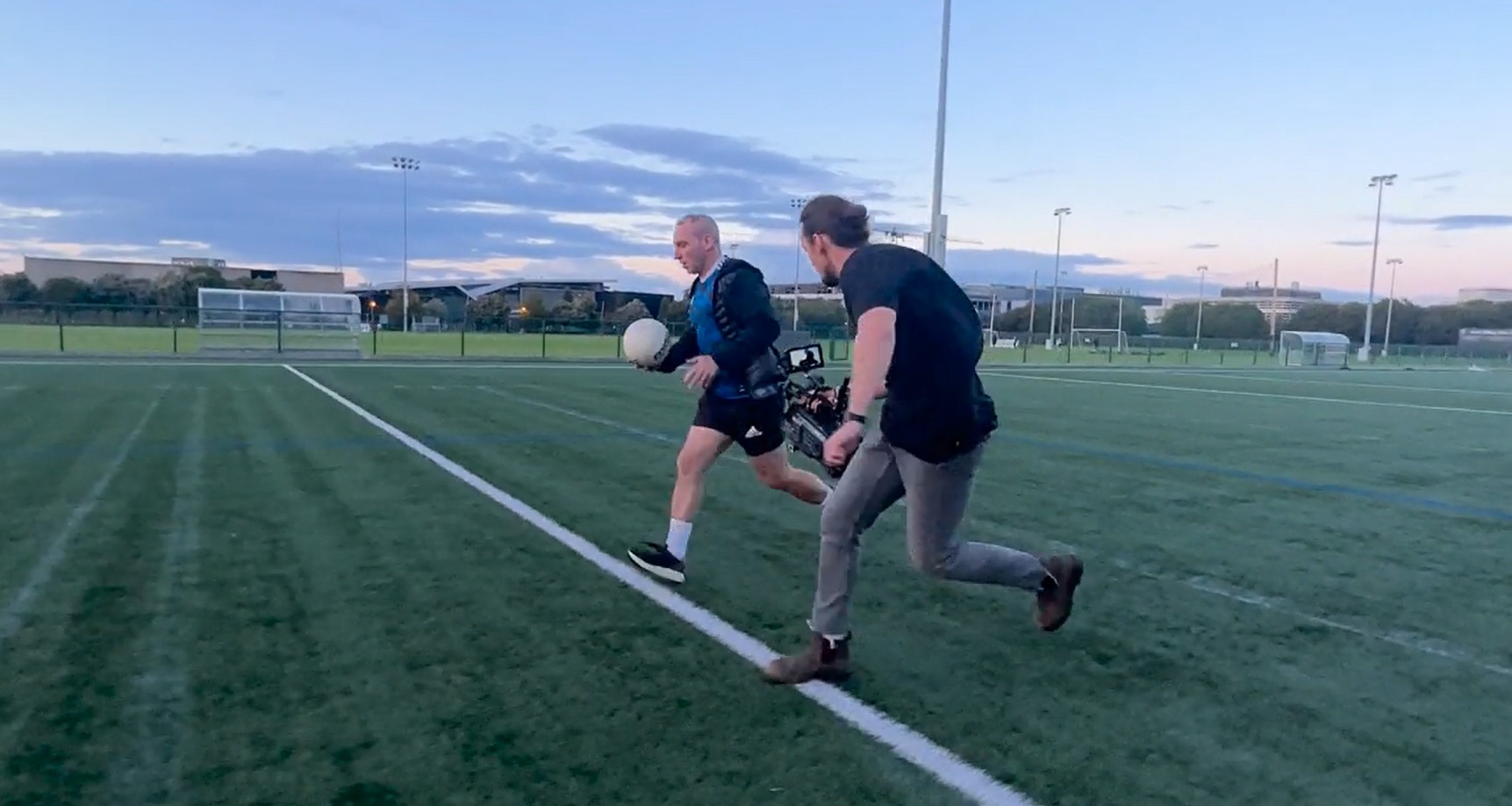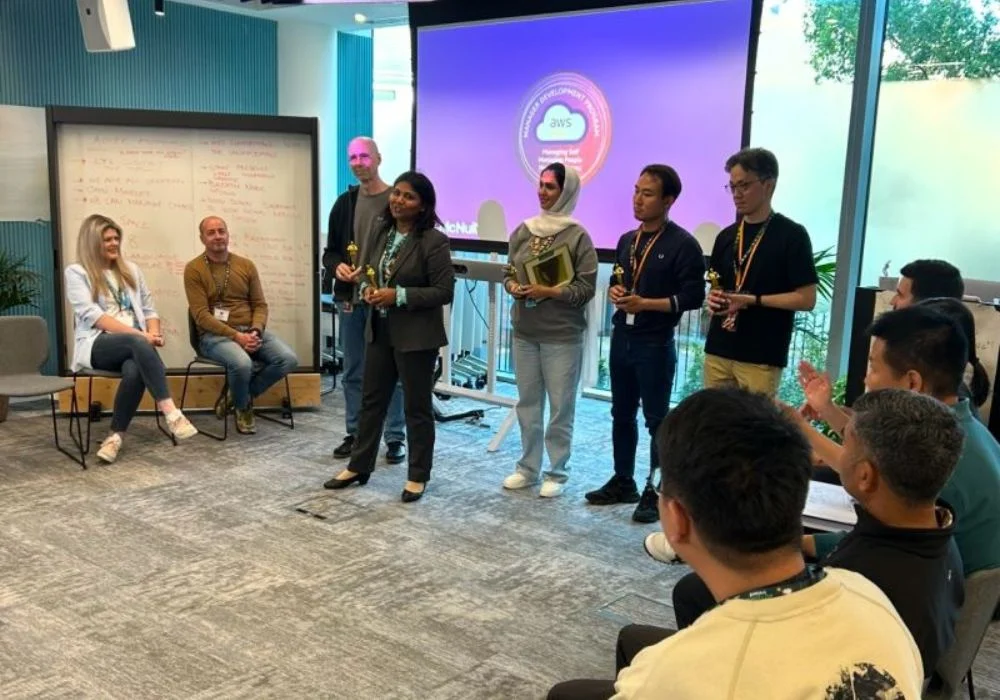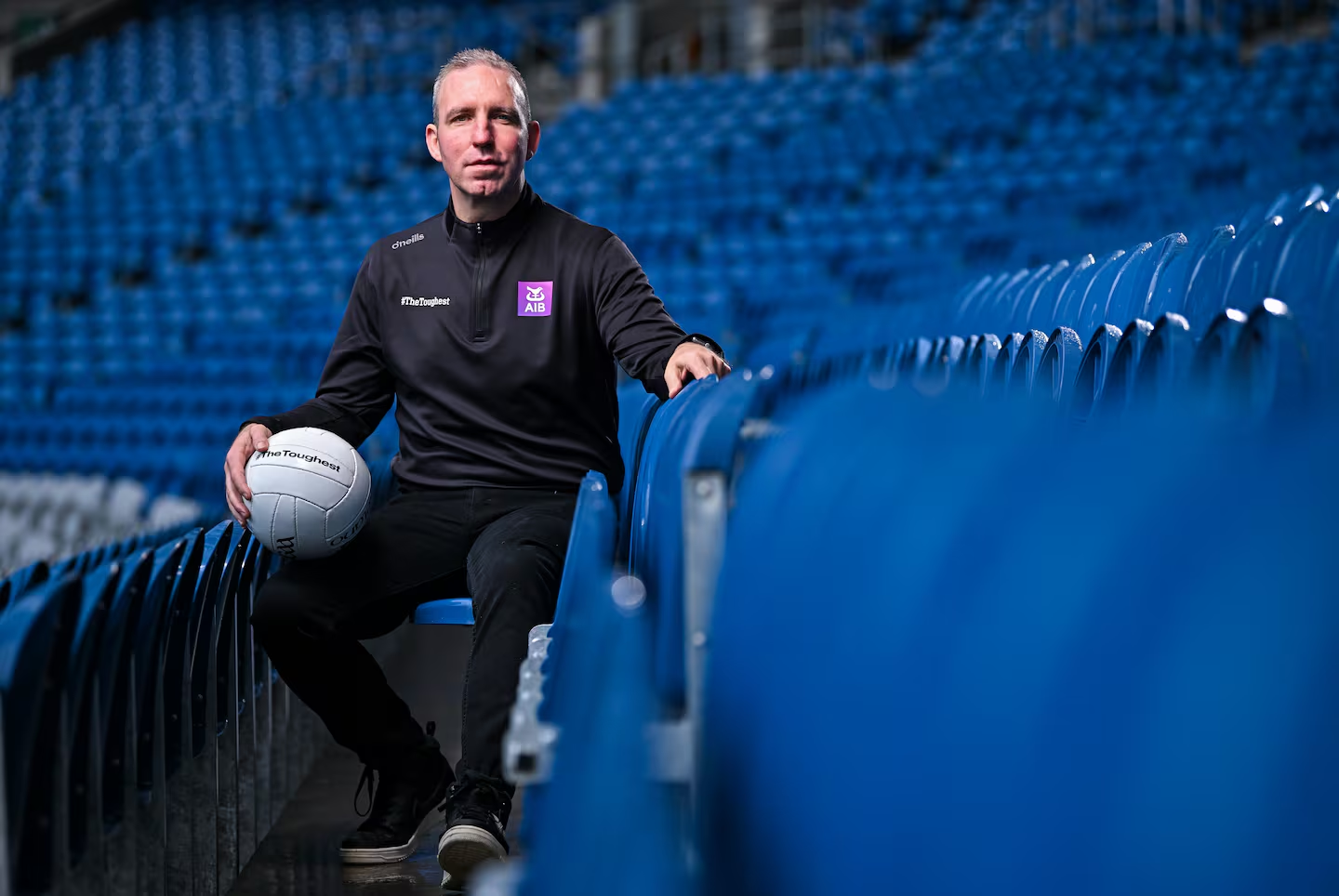As the days grow longer and the light at the end of the tunnel begins to shine brighter, we here at McNulty are stubbornly optimistic about the future.
We remain committed to our clients and our people’s resilience and wellbeing as a means of getting through the final stages of this pandemic, and to coming out stronger than ever on the other side.
We would like to share with you some of McNulty’s top tips on building resilience and mental wellbeing. If you would like to learn more about our Resilience and Wellbeing programmes, reach out to us at hello@mcnultyperformance.com.
Choose to have a growth resilient mindset
Over the past year we have experienced an unparalleled amount of political, economic, social and financial unrest due to the global pandemic. Unfortunately, there is little we can do to control external factors that affect us. The good news is that we can control what is happening inside us – that is, we have the power to choose how we respond to situations, and we can choose our mindset.
People with a growth mindset believe that their most basic abilities can be developed through dedication and hard work. A growth resilient mindset is the belief that we can grow and become stronger through overcoming adversity and challenge.
The “Three Good Things” Method
Most of us are not nearly as good at dwelling on good events as we are at analysing bad events. Research by the father of positive psychology, Martin Seligman, has shown that we tend to ruminate and worry about negative memories as a method of survival. However, we can rewire our brains to focus on the positive and change the way we think – by focusing on gratitude for things we often take for granted.
Rewire your brain by writing down 3 good things that happened each day and what your role was in bringing those things about. Reflect on what went well and why. By doing this every night for 2 weeks it creates a habit that breaks up depression and increases happiness – with the added benefit of improving the quality of your sleep by focusing on what’s working well in your life right before falling asleep.
“Where focus goes, energy flows”
Choose what you focus on each day. Consciously choose to focus your energy on gratitude and appreciation instead of negativity and criticism. Don’t dwell on the problem; instead start thinking about the solution. Mindfulness meditation is one of the best ways to calm your mind and find your focus. Practicing mindfulness regularly reduces stress and anxiety, promotes emotional health and enhances self-awareness.
If meditation doesn’t sound like your cup of tea, know that mindfulness can be practiced in any number of different ways. Go for a walk with no distractions, keep a daily journal, focus on your breathing. Find what works for you and commit to making it a priority.




